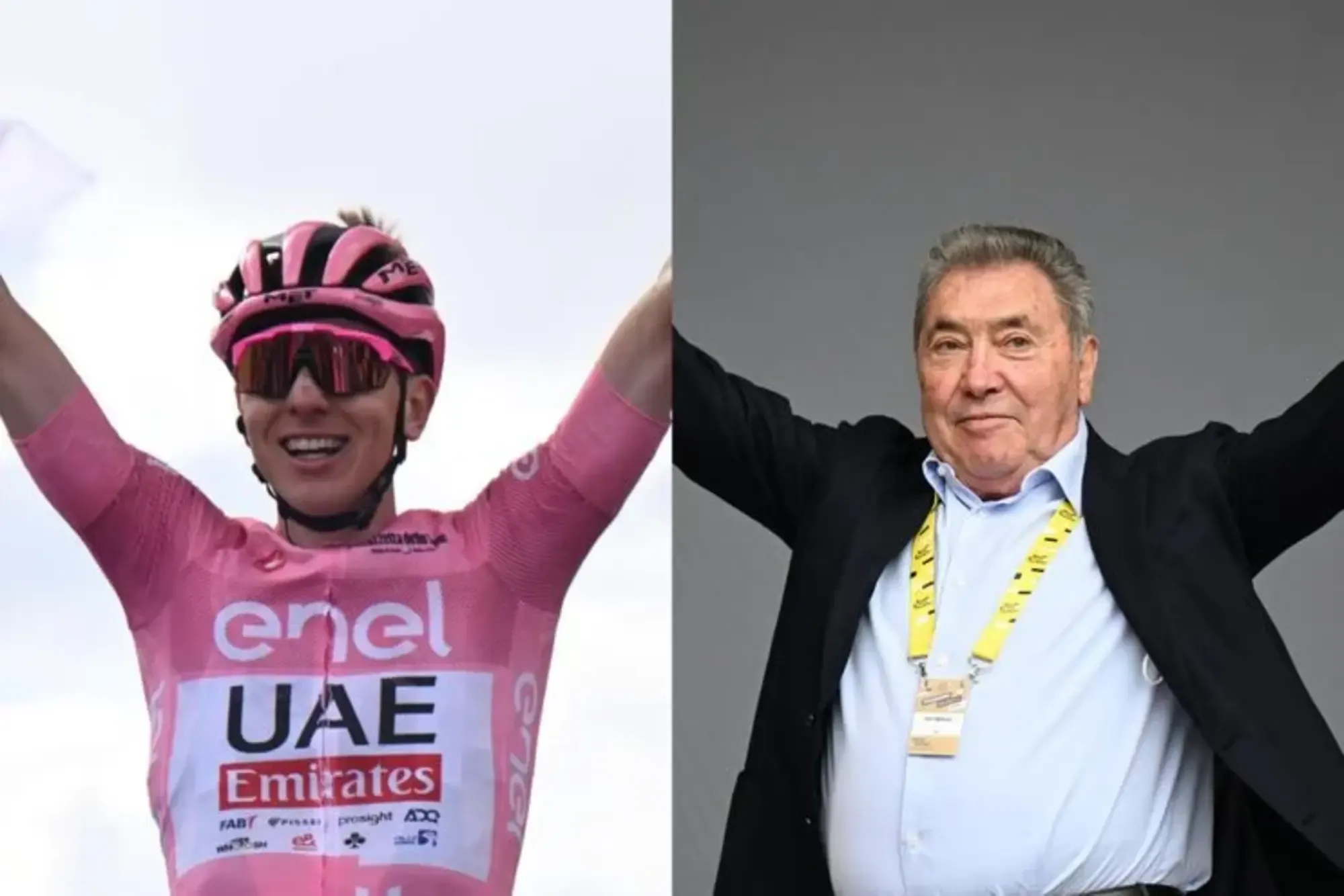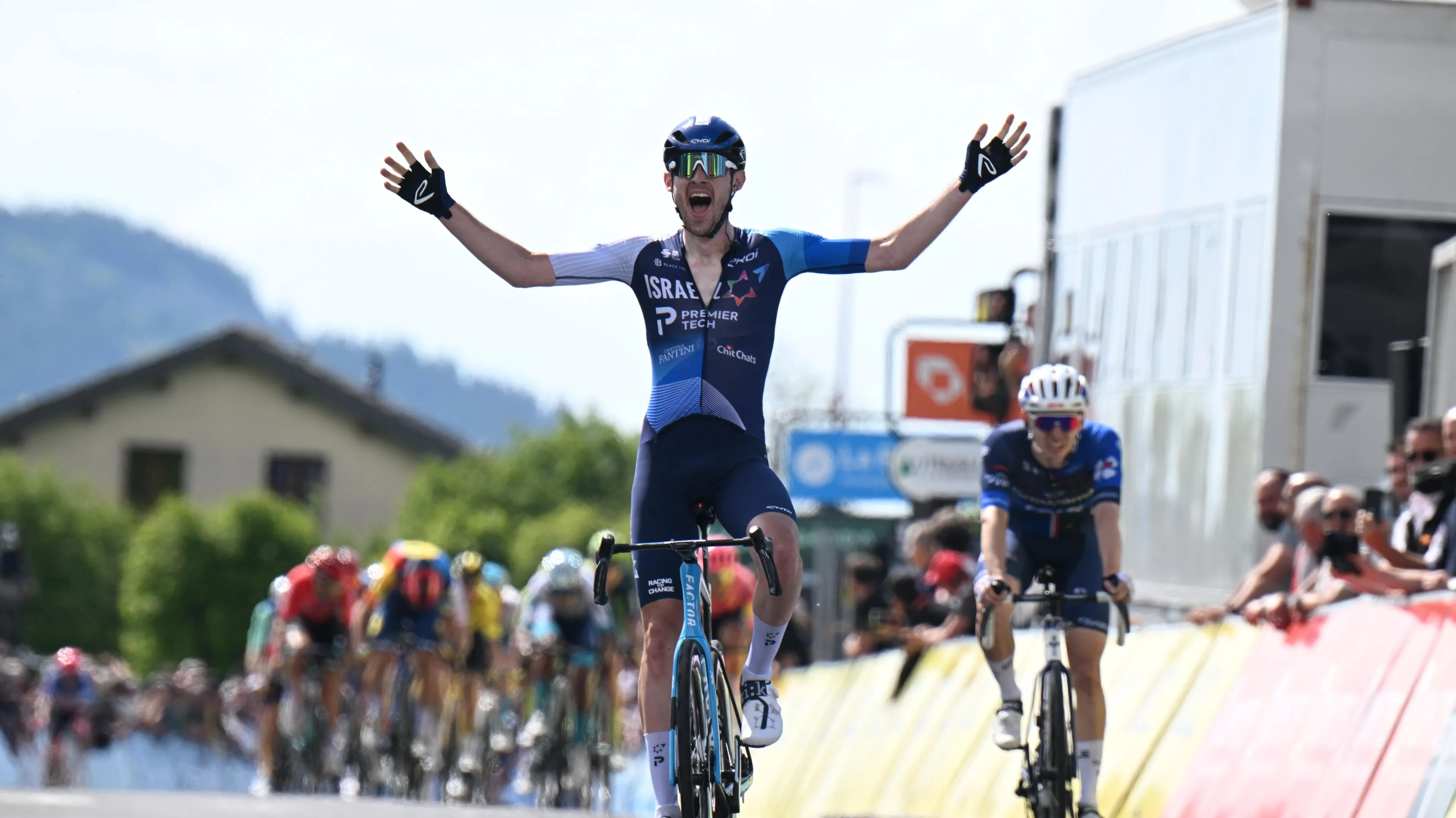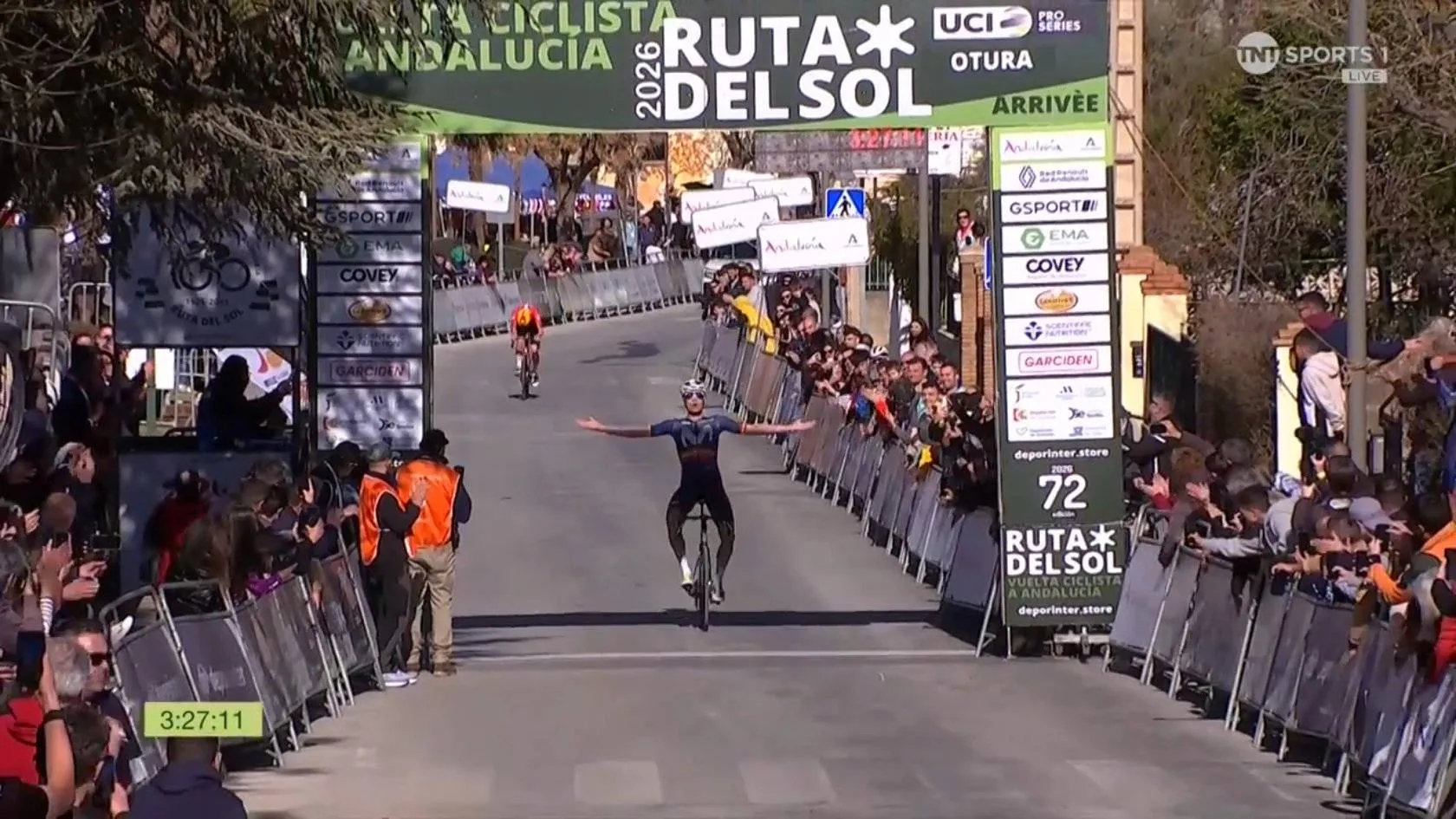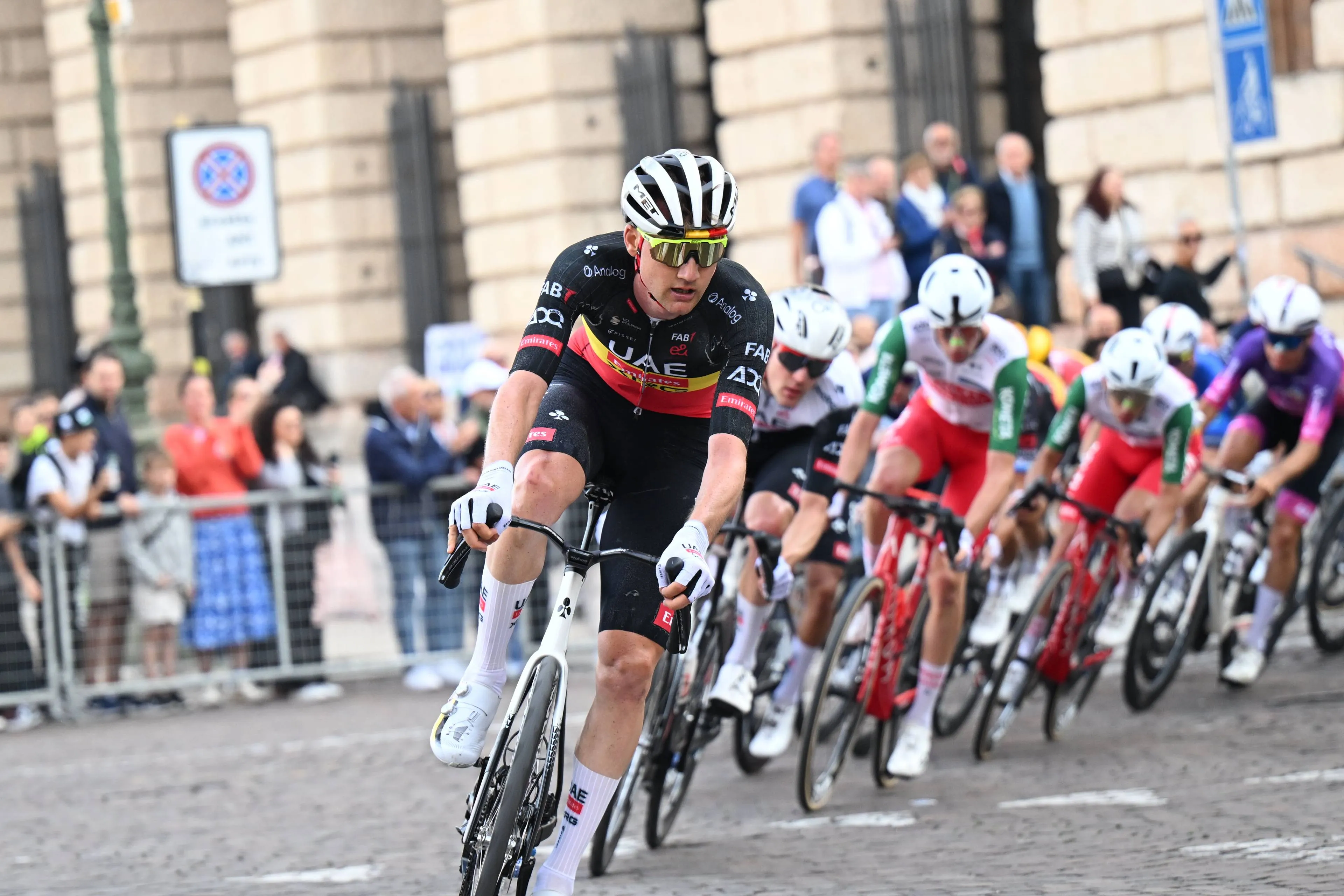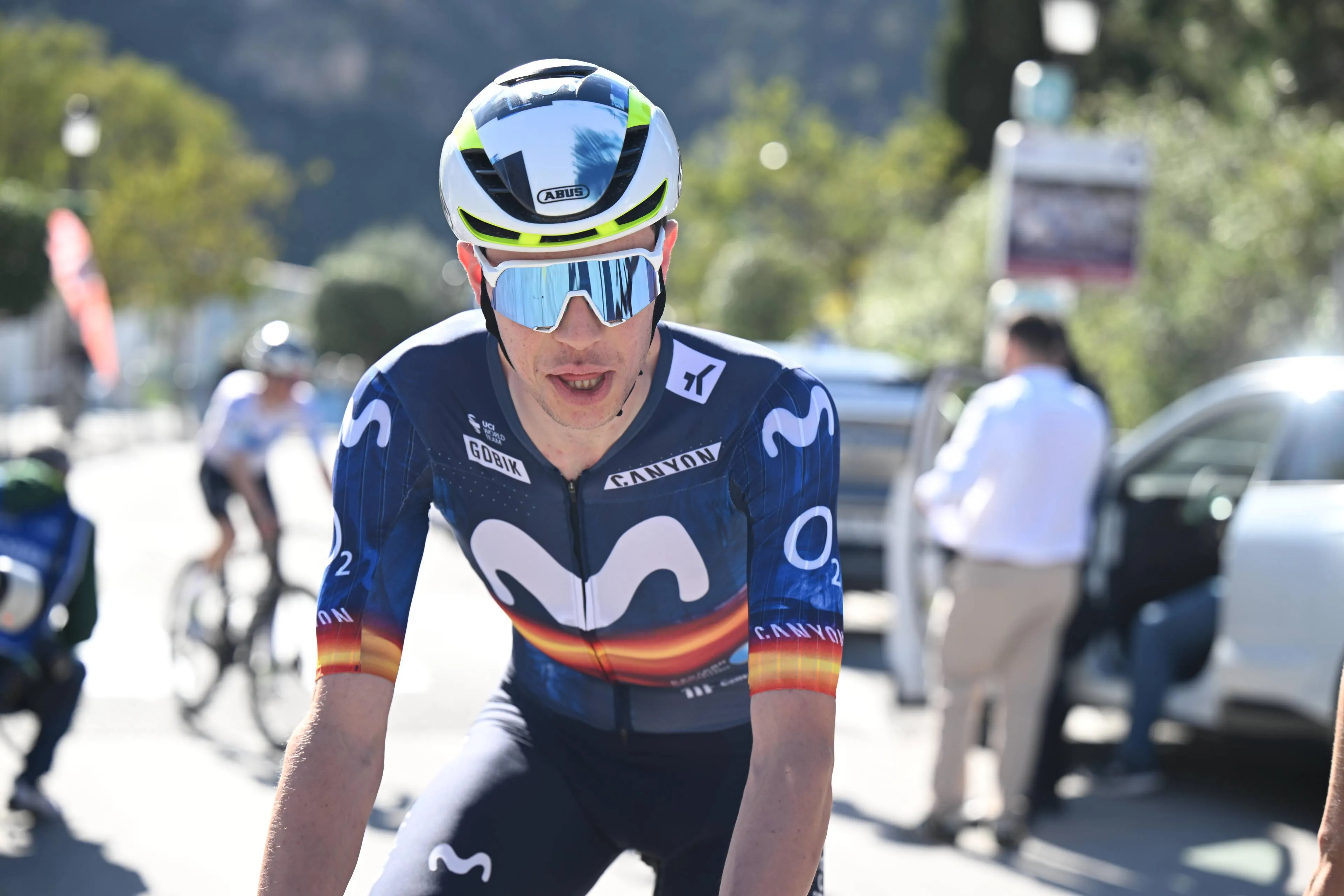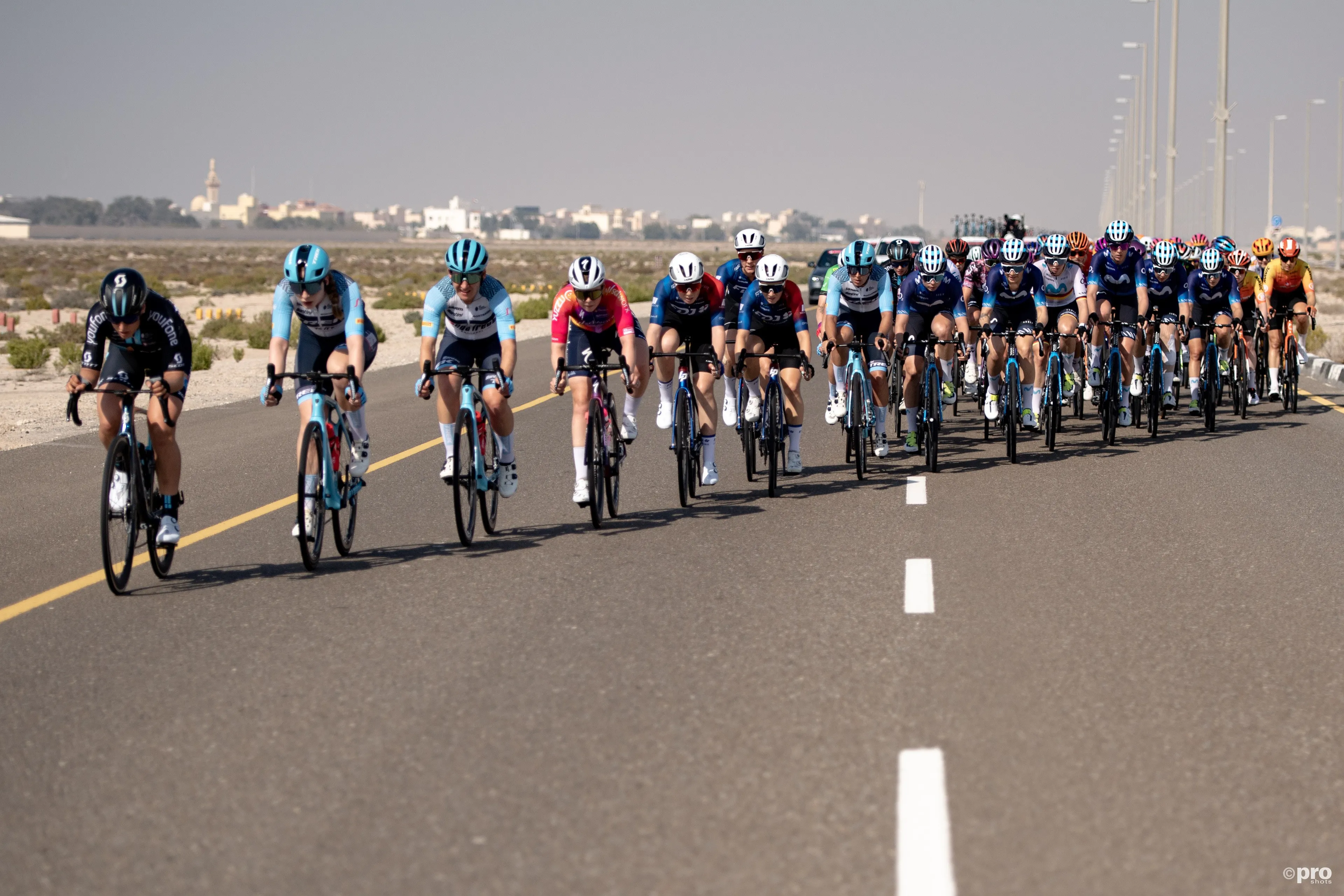Salary caps, lower team sizes and draft for young talent - Romain Bardet shares his vision of turning cycling into a fair sport
CyclingWednesday, 19 June 2024 at 13:00
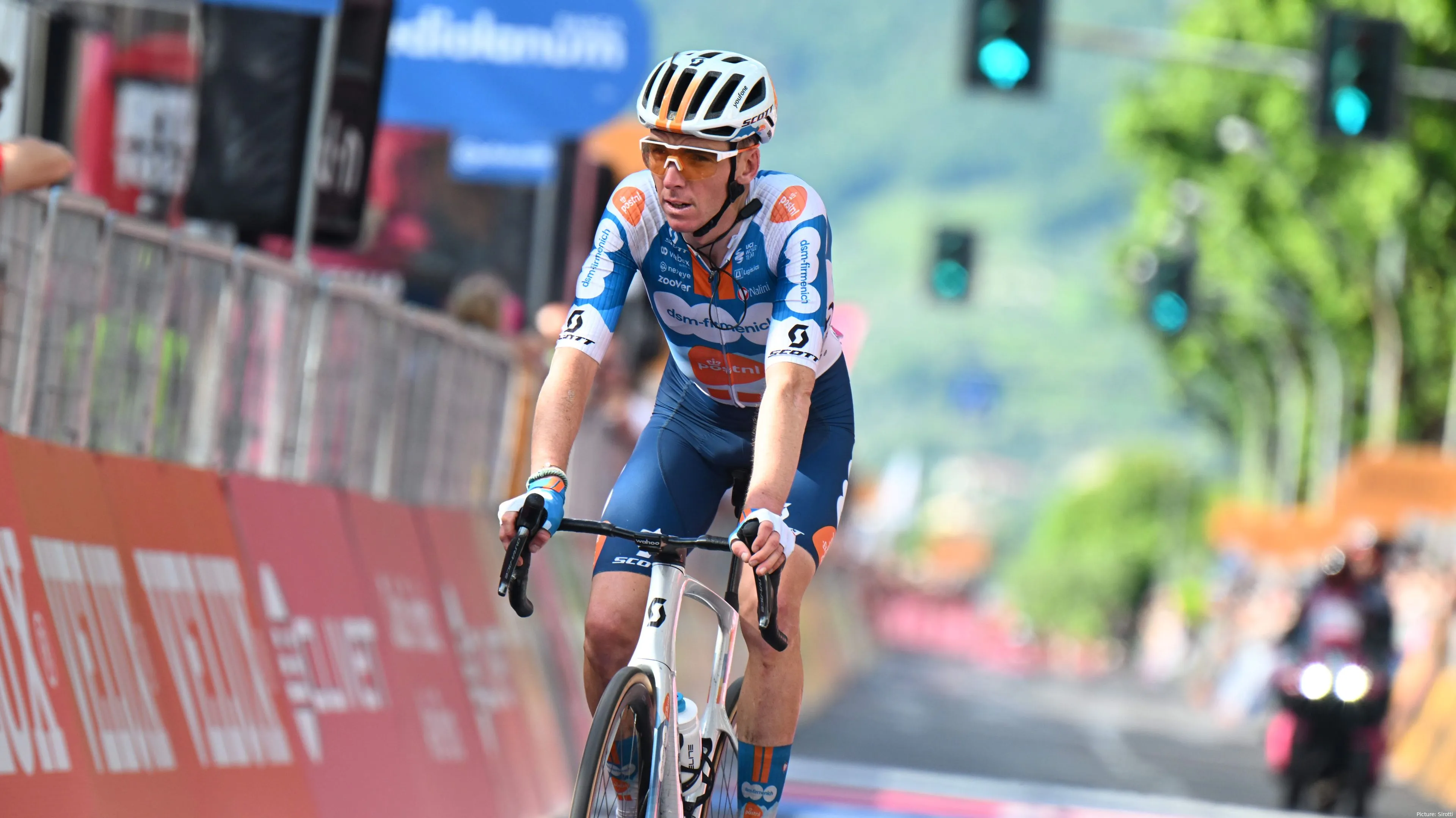
Over the years, Romain Bardet grew from a young lad looking for his place in the peloton back in 2012 to an established pro with 10 victories, two Grand tour podiums and four stages to his name. Having witnessed the fast evolution of the professional cycling in recent years, the Frenchman has a lot to say about the current state.
When he remembers his breakthrough years with AG2R La Mondiale, he recalls a more level, fairer field of play, which he wants to see reinstated. "Looking back at the 2014 Tour, I felt like it was much more open, and it was easier to access the top if you were a good rider with good commitment in a small team," he says in an extensive interview for CyclingWeekly. And today? "There is a good chance that guys from the same two teams will make up the podium or top-five, and I find that a bit less interesting."
Read also
Money is a large factor behind the era of superteams like Visma-LAB, UAE Team Emirates or before them Team Sky. Bardet says it "makes them powerful and they can afford to have more leaders." He describes a situation where several riders with potential to be GC contenders themselves now put aside their ambitions to work for superstar leaders. All in turn for a bit of extra cash.
"You can have a rider with the power profile, but he couldn’t go to a lower-ranked team and say he’s going to win the Giro or the Vuelta a Espana. It wouldn’t happen. So right now we have a lot of riders who would, in other teams, be leaders, working for the best guys on the planet. Where is the competition?" he asks rhetorically.
Read also
Is there a solution? "A salary cap," he insists. "People say when big sponsors are keen to invest the money, we shouldn’t introduce a cap, but it works pretty well for the competition in French rugby. If we had a salary cap or a draft (as is common in US sports), we would be able to distribute the best riders more fairly across the 18 WorldTour teams."
It doesn’t end with a cap in Bardet’s vision for a fairer future. He has another proposal to prevent the same few teams from scooping all the biggest prizes. "We should go to Grand Tours with smaller teams – six riders in normal races, seven in Grand Tours, and overall team sizes no bigger than 20-25 riders." What’s his reasoning? "If you line up with fewer guys, you can bring more teams to every race, so there’d be more sponsors who can do the Tour, which means more money for all. The competition will be more open, as it will be much harder for teams to control the race."
Read also
claps 2visitors 2
Just in
Popular news
Latest comments
- Minor flaws.... thats like suggesting Genghis Khan was a bit aggressive with other countriesslappers6619-02-2026
- Then you carry on if that's what makes you happyslappers6619-02-2026
- Fabio cannot catch a break.mij19-02-2026
- OK, today is the "air conditioner"... yesterday was a cramp... on saturday a bee will sting him in his tongue... his tongue will swell up and mustafa gets no oxygen. Because of his swollen tongue, Remco won't be able to give us a new excuse. Remco and the spanish rat Ayuso should be on the same team. They both have a ton of excuses and both of them are liars. Ad acta.Mou-Cro-HR19-02-2026
- Florian Lipowitz is secretly happy
 Rafionain-Glas19-02-2026
Rafionain-Glas19-02-2026 - The crucial thing to remember is that Remco was broken by the pace of Gall and Tiberi, not Del Toro's. Remco's excessive antics are because he doesn't want anyone to think that he's 'genuinely' struggling. You can always say 'he got cramps' because 'his preparation didn't go to plan', but the thing is that there is a limit to the number of excuses and exceptions that there can be. Eventually everyone just accepts that he's reached his ceiling on the climbs.
 Rafionain-Glas19-02-2026
Rafionain-Glas19-02-2026 - Bahraini suspicious..Santiago19-02-2026
- The problem is, a British 'boss' opening the gates, when the native workers not wanting them!
 leedorney19-02-2026
leedorney19-02-2026 - Who is overrating him on climbs? Everyone knows since ages it’s his weakness and needed years of work. Question us if he can do enough about it. For sure he won’t be able to improve his TT enough to compensate.Mistermaumau19-02-2026
- What do you call only seeing someone’s positives?Mistermaumau19-02-2026
Loading
Write a comment

